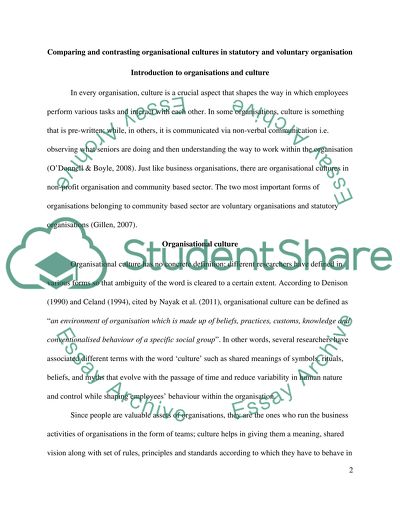Managing and evaluating informal education Essay. Retrieved from https://studentshare.org/miscellaneous/1601572-managing-and-evaluating-informal-education
Managing and Evaluating Informal Education Essay. https://studentshare.org/miscellaneous/1601572-managing-and-evaluating-informal-education.


